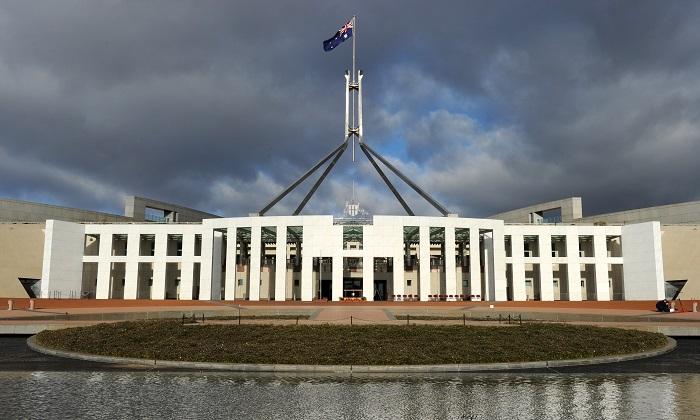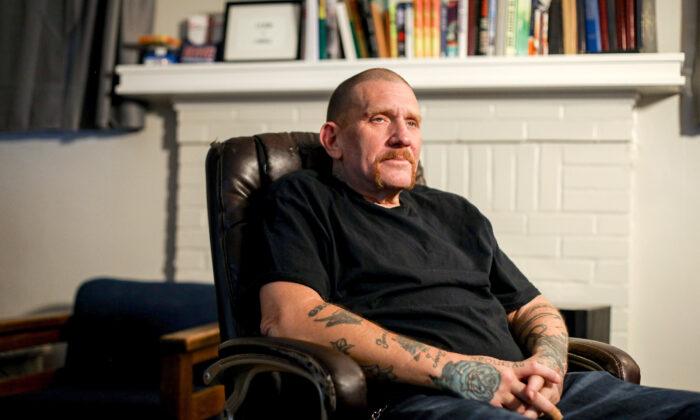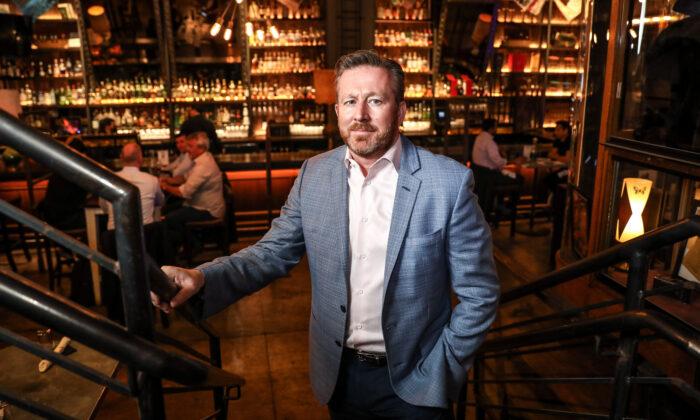The Australian government is boldly pushing back against the Chinese Communist Party (CCP)—a newborn strategic position held by a government facing an increasingly hostile and antagonistic Beijing.
Recent aggressions by the CCP that in the past often failed to be directly addressed—are now being met with counterblows by the Morrison government, and it’s not just simply stronger rhetoric.
Australia was one of the first countries to call for an investigation into Beijing’s handling of the COVID-19 pandemic and has suspended its extradition treaty with Hong Kong over concerns around the new national security law. The country also is standing its ground against an escalating number of economic threats and intimidation from China.
Australian senators told The Epoch Times the resistance from the current government is in response to China’s growing contempt for international law, coupled with the gross mistreatment of its own people, and a seeping threat to the core values held by “Down Under.”
“China is starting to realise that not everyone will simply kowtow to their threats, be it geopolitical aggression, foreign interference or economic pressure,” Eric Abetz, a Liberal senator, told The Epoch Times.
“In all the circumstances, it is appropriate, indeed necessary, for freedom-loving countries to take a stand,” he continued.
Abetz said the “pushback” against the regime has been spurred by a number of pressing concerns, including “its ever-growing belligerence and bullying of its own people–Christians, Uyghurs, Falun Gong.”
China’s blatant disregard for international law through its South China Sea militarization is another concern, said Abetz, who pointed to Beijing’s intentional targeting of nations such as Australia that dare to seek accountability from China.
It started to take shape months ago, when Canberra called for an independent probe into Beijing’s handling of the pandemic. Meanwhile, Australia was one of the first countries that called for a travel ban from China.
One Nation Senator Malcolm Roberts said that although he’s pleased with the Australian government for making noise in response to the CCP, he will hold his assessment until after the media headlines subside. He said he was “doubtful the government’s actions will follow its words.”
“The [CCP] threat is enormous and affects every aspect of Australian life and lifestyles,” he told The Epoch Times.
“National security, economic independence, ownership of land and essential infrastructure assets, control of services, control over Labor and Liberal/National Party members of parliament and backroom powerbrokers to name just a few,” he said.
Meanwhile, Beijing also threatened to stop sending tourists and its students if Australia sticks to its call for a probe.
“I’m almost 54 and I’ve been following China since my first visit as a 21-year-old in 1988,” Phelan told The Epoch Times. “The current [pushback] situation is unprecedented ... That courage has come with a cost and has put Australia in Chinese leader Xi Jinping’s crosshairs.”
“The significance of the pushback is that it is happening so fast, it’s involving so many countries and they are coalescing and forming alliances,” he added.
The recent pushback stems from a process of Australia waking up to Beijing’s plans and ambitions, according to Phelan. He noted that Australia is in a unique position, as no other country globally has benefited as much from the rise of China.
Beijing’s Influence Operations
More countries across the world are beginning to stand up to Beijing as it ramps up its global aspirations through avenues that include United Front operations, the Belt and Road Initiative, and Confucius Institutes.Groups and individuals linked to that unit have attracted an unprecedented level of scrutiny for their links to political interference, economic espionage, and influence on university campuses, the report stated. In Australia, businessmen who were members of organizations with close ties to the United Front Work Department “have been accused of interfering in Australian politics.”
The case of Huang Xiangmo was highlighted by the report’s authors as “one of the most informative cases of United Front-linked influence efforts.” Huang arrived in Australia “in near-total obscurity,” until “big spending and relentless networking behind closed doors has seen him swiftly ingratiate himself with Australia’s most powerful politicians,” the report stated, citing an article.
Huang was philanthropic and donated generously to universities, starting centers at two Australian universities. He also sought to mentor young Chinese Australians with political goals, organizing the Australia Young Leadership Forum for Chinese university students. His ACRI institute hosted a United Front official in 2016 and “also organized trips to China, supported by the Propaganda Department, for Australian journalists,” according to the report.
The Australia Security Intelligence Organisation (ASIO) later concluded that Huang was “amenable to conducting acts of foreign interference.” Huang’s citizenship application was denied and his residency rescinded. However, Huang’s networks and—United Front networks in general—are still active in Australia, the report stated.
In October 2019, Victoria formally signed onto the initiative under Premier Daniel Andrews and Chinese ambassador to Australia Cheng Jingye; Victoria is the only state in Australia to have joined the initiative.
Australia’s pushback is “most certainly warranted,” says Casey Fleming, chairman and CEO of intelligence and security strategy firm BlackOps Partners.
“It is the canary in the mine for the rest of the free world and democracy,” he told The Epoch Times. “The CCP poses an extreme and ongoing threat to Australia’s values and national security. The CCP works under stealth cover, leverages intense espionage, and maximizes infiltration and subversion to destroy democracy.”




